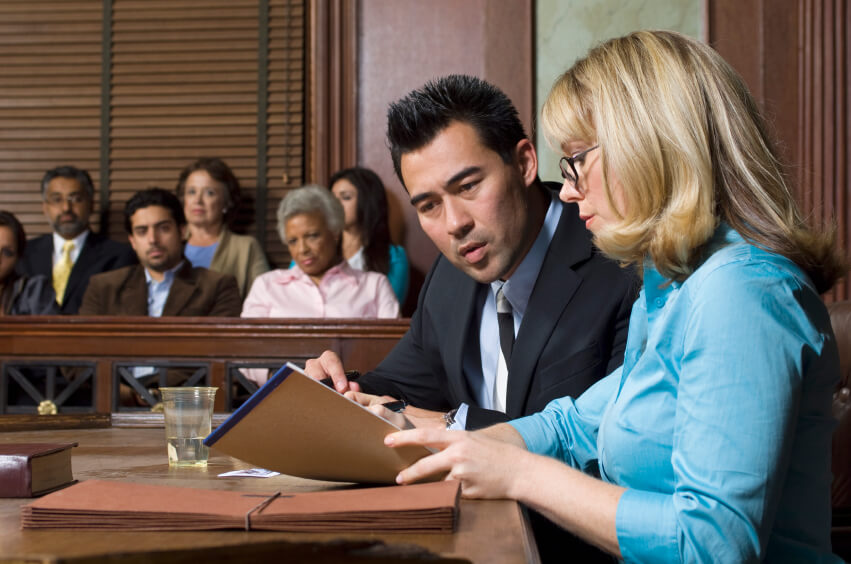
Pro Bono Lawyers
When you are arrested or involved in a lawsuit and cannot afford a lawyer, one option is to find “pro bono” legal assistance. The term, shortened from the Latin phrase “pro bono public”, means “for the public good.” Finding a pro bono lawyer can get you expert legal representation at no cost for a criminal or civil case. However, it is important first to understand the difference between pro bono legal help and other forms of free legal help.
Pro bono goals
The American Bar Association’s Model Rules of Professional Conduct urge every lawyer to provide legal services “to those unable to pay” and recommends individual lawyers to “aspire to render at least (50) hours of pro bono legal services per year.” Some state bar associations have similar language, as well as individual law firms. However, pro bono work is not required in order to retain a legal license on the state level. In states that require lawyers to report pro bono work during the year, such as Hawaii, giving money to legal assistance groups is an acceptable alternative to working pro bono on actual legal cases. Some law schools require students to complete pro bono work before graduation.
Legal aid
Also known as legal assistance in some states, legal aid organizations represent persons who can’t afford an attorney. Legal aid is often funded through legal filing fees, grants and private donations. In addition, some money comes from the federal Legal Services Corporation, which receives money from Congress. Ohio Legal Aid, for example, helps defendants who cannot afford a lawyer and qualify based on income guidelines. Ohio officials have estimated that for every case accepted by Ohio Legal Aid, another three defendants in need are turned away. The lawyers who work for organizations such as Ohio Legal Aid, deal with heavy caseloads and often are in the beginning of their careers.
Some legal aid societies specialize in aiding specific groups of people in civil or criminal cases, such as
- Immigrants
- Disabled veterans
- Victims of domestic abuse — call the National Domestic Violence Hotline at 1-800-799-SAFE (7233) for immediate help
- Discrimination victims
- Recipients of Food Stamps or other public assistance
- Community organizers
- HIV/AIDs patients
Court appointed attorneys
The 6th Amendment to the Constitution requires that all defendants in criminal cases who face a jail term have the right to an attorney. It was not until the landmark case of Gideon vs. Wainwright in 1963 that the Supreme Court held that states must offer free legal help to defendants who cannot afford a lawyer and face a jail sentence. If you fall into that category, you will likely be assigned a “court appointed attorney”–that could be a private attorney paid by the court on an hourly basis or a “public defender”, an attorney employed full-time by the federal or local government.
Why try pro bono
There are many excellent attorneys who work in Legal Aid and Public Defender offices throughout the country. However, if your case is complex, a lawyer with expertise in that area who handles pro bono cases may be the most experienced and knowledgeable option. Finding a pro bono lawyer can be difficult, however. Good starting points are your local or state bar associations or local law schools. The American Bar Association website also lists free legal services by state at its Consumers Guide to Legal Help website.
See also: